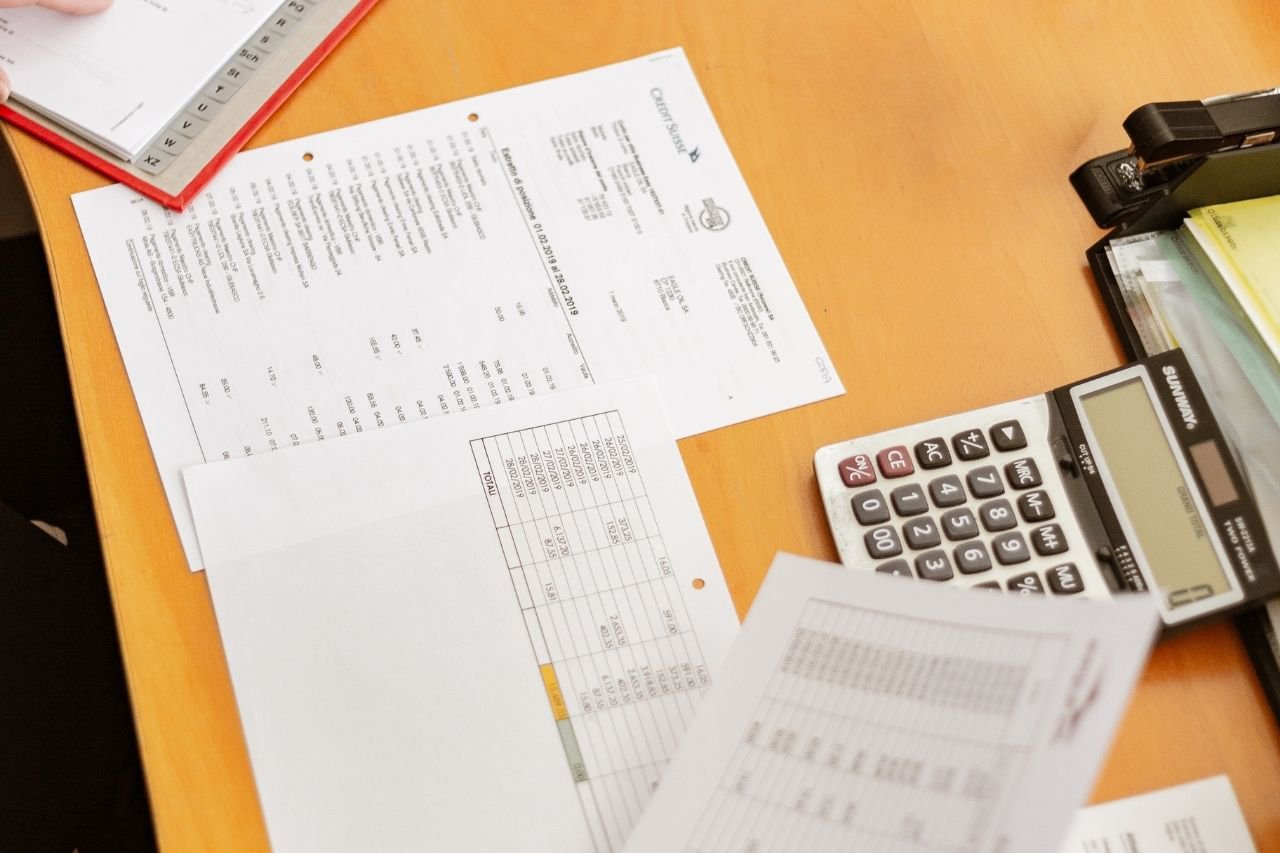Blog

Save Time and Cost with Cloud-Based Business Management
Cloud technology allows businesses to manage all their data, processes, and workflows over the internet. This means there's no need for expensive servers or heavy software to grow, monitor, or develop your business. All you need is an internet connection.
01 October 2025

Data Security: The Top Priority of Digitalizing Businesses
In today's rapidly evolving world of technology, businesses are turning to digital solutions to gain a competitive advantage. From sales and customer relations to inventory tracking and reporting, many processes now take place digitally.
29 September 2025

What is the Dealership System? Advantages for Businesses
The paths to success in the entrepreneurial world vary greatly. Some entrepreneurs choose to start a business from scratch, while others choose to operate under the umbrella of an existing, strong brand. This is where the franchise system comes into play.
22 September 2025

Investment Incentives Guide in Turkey: Grow Your Investments with Government Support
If you are planning to invest in Turkey, an Investment Incentive Certificate can provide you with significant advantages. Thanks to this certificate, you can not only reduce your investment costs but also benefit from many government-supported financial opportunities. In this guide, we will take a detailed look at w...
10 September 2025

10 Financial Secrets to Increasing Profitability in Small Businesses
Starting without a business plan is like embarking on a journey without a map. You won’t know where your business is headed, which risks you may face, or how to take advantage of opportunities. A financial plan serves as a roadmap for small businesses and helps you make more informed decisions.
08 September 2025

What is Withholding Tax in e-Commerce? Applications and Legal Regulations
As traditional commerce transitioned to the digital environment, governments felt the need to reorganize their tax systems. Turkey's rapidly growing e-commerce sector has become the subject of new legal regulations to prevent tax evasion and control the informal economy.
19 August 2025

Inventory Book and Application Process
It is of great importance that accounting records are kept complete and orderly so that businesses can manage their financial structure in a healthy way and create accurate and reliable financial statements.
15 August 2025

The Importance of Income and Expense Tracking in Businesses with Dealership
Tracking revenue and expenses plays a critical role in ensuring businesses maintain their financial health and achieve sustainable growth goals. These processes are particularly crucial in multi-location sales networks like dealerships.
12 August 2025

Income Tax Base and Cumulative Calculation
Income tax is a tax levied at specific rates on the income earned by individuals. The income tax base is the amount used to calculate taxable income.
08 August 2025

The Importance and Advantages of Establishing a Company Abroad
With the impact of digitalization, companies' scope of operations is no longer limited to local markets. The global proliferation of e-commerce and digital services, in particular, has led startups to turn their attention to international markets.
05 August 2025

Point System
One of the cornerstones of productivity, compensation systems and legal compliance in the business world is the accurate recording of the time employees spend at work.
01 August 2025

Insurance Premium Calculation Process
Insurance premiums are an important financial obligation that employees and employers are obliged to pay in order to contribute to the social security system.
30 July 2025

Tax Exemption Practices and Their Economic Effects
Tax policies are a cornerstone of a country's economic structure. Tax exemptions, which are part of these policies, support economic dynamism by reducing the financial burden on both individuals and businesses.
25 July 2025

Digital Solution for Cash Tracking
In today's competitive business world, financial management, especially cash flow monitoring, plays a critical role in the sustainability of businesses.
22 July 2025

How to Advertise on Facebook and Instagram Account
In today’s digital marketing world, social media platforms play a key role in helping brands and businesses reach their target audiences. Instagram and Facebook, in particular, offer huge potential for advertising with billions of active users.
25 June 2025

Reporting and Analysis in B2B Programs
In today's rapidly digitalizing business world, companies operating with a B2B (Business to Business) business model are faced with the necessity of not only providing products or services, but also establishing sustainable and strategic relationships with their business partners.
24 June 2025

Financial Advisor Profession Definition and Authorities
Financial consultancy is one of the professions that has a critical role in the financial management of businesses in today's business world. Regulated by Law No. 3568 in Turkey, this profession provides a wide range of services, not only accounting records, but also financial analysis, tax compliance and legal consultancy.
23 June 2025

3D Secure Transactions
With the increasing prevalence of online shopping, payment security has become more important than ever. Developed to reduce the risk of victimization, the 3D Secure system provides an additional layer of security for online payments.
20 June 2025

Incentives and Supports Provided to Women Entrepreneurs
Entrepreneurship has become one of the fundamental dynamics of economic and social development on a global scale. Especially in recent years, the active participation of women in the workforce and the entrepreneurial ecosystem plays a critical role in the social and economic development of countries.
19 June 2025

KOSGEB Entrepreneurship Certificate Details
The Small and Medium Enterprises Development and Support Organization (KOSGEB), which operates to encourage entrepreneurship and support the establishment of new businesses in Türkiye, offers various grant and support programs.
18 June 2025

What is MERSIS Number and What Does It Mean?
With the increase in digitalization in the world of commerce, it has become even more important to store business information securely and centrally in an electronic environment. MERSIS is a modern system that enables commercial enterprises to carry out digital registry transactions.
17 June 2025

Overtime Regulations and Application Principles
Overtime, one of the most important elements of working life, is a practice that occurs when an employee is made to work more than the legal working hours. This issue, regulated within the framework of the Labor Law No. 4857 in Turkey, is of great importance in terms of both protecting employee rights and determining employer responsibilities.
16 June 2025

Foreign Service Invoices and Types
In today's globalized and digitalized business world, services received from abroad have an important place in companies' operations. Service invoices received from abroad vary according to the type and source of the service.
13 June 2025

NFC Technology
With the development of technology, communication and data transfer methods are also rapidly changing. NFC (Near Field Communication), one of the important parts of this transformation, has brought great convenience to our lives by enabling contactless and secure data sharing over short distances.
12 June 2025










